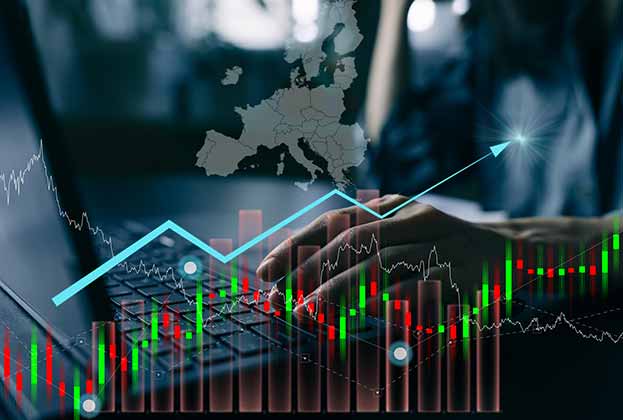The world’s eyes are understandably fixed on the war in Ukraine and its tragic humanitarian consequences, with all our hopes that peace can be restored and displaced Ukrainians able to return to their homes as soon as possible.
Inevitably, the uncertainty of the war and the resulting economic sanctions placed on Russia have led to Savills fielding a number of enquiries about its potential impact on the commercial real estate investment market.
In terms of a direct impact, Russian investment makes up a very small proportion of cross border commercial real estate investment. The consequence of Russian money being unable to access these markets is therefore likely to be minimal.
The indirect effects, however, could be greater. Most broadly, two years after Covid-19 was declared a pandemic, real estate markets were beginning to return to normal as restrictions on mobility and international travel are eased across many regions. The war may have a negative effect on some investor sentiment and delay this process – particularly across markets in close proximity to the crisis – however, it’s largely too early to tell, and will be hard to untangle from pre-existing pandemic-related caution.
The bigger consequences are macroeconomic: namely inflation. Already an issue in many Western markets, the war’s impact on commodity prices has led to some record prices for grain, fertiliser, petrol and diesel and gas – the last of which was already driving concerns about the ‘spike in the cost of living’ for consumers in the form of record energy bills.
A sustained period of uncertainty will result in higher prices for longer given the potential for major disruptions to supply. This will impact both consumers and businesses. At its most recent meeting, the European Central Bank raised its forecast for Euro area inflation to 5.1 per cent for 2022, up from 3.2 per cent previously. Higher energy prices will also lead to weaker economic growth, which complicates the job of central bankers as they seek to exit the ultra-loose monetary policies of the pandemic era.
Real estate’s status as a safe haven and its ability to provide a hedge against inflation means it’s potentially a preferred option in this environment, although the latter characteristic is strongest where demand is also robust, favouring best-in-class buildings where vacancy rates are lowest. But higher inflation could also have some negative implications for development and retrofit activity via surging build costs, squeeze profit margins across the logistics and retail sectors due to higher fuel and material costs, and reduce demand across occupational markets as higher operational costs and weaker economic growth lessen businesses ability and willingness to pay higher rents.
Not forgetting the humanitarian catastrophe on Europe’s borders, the conflict may provide a catalyst for the green energy transition, despite the short-term disruption that is driving higher demand for coal and increased fossil fuel output in some countries, as well as the difficulties in achieving a cross-country consensus on climate goals. In particular, the recently announced European plan to reduce exposure to Russia involves accelerating the transition to renewable energy sources, as well as improving the energy efficiency of the residential and industrial sectors, by frontloading investment in electrification of industry, upgrading the power grid and installing more solar panels and heating pumps.
More generally, energy security will move up the political agenda, and renewables represent a viable path towards independence. This would further raise the risk of stranded assets and reinforce demand for prime assets with high energy performance credentials.
To get Savills weekly view on the latest global events shaping the real estate sector, receive ‘the week in review’, an email from our capital markets experts every Saturday morning. Sign up here.
Further information
Real estate investment in 2022: global outlook


.jpg)



.jpg)
.jpg)
.jpg)

